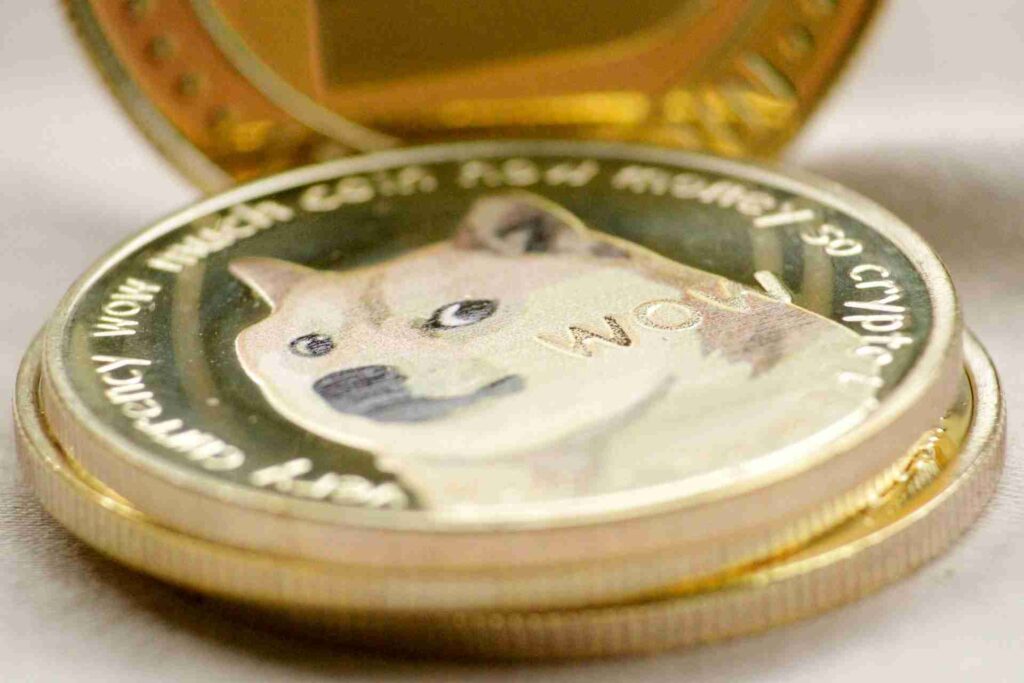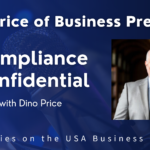Memecoins: Navigating Legality and Regulatory Compliance in the Crypto Landscape

INTERVIEW ON THE PRICE OF BUSINESS SHOW, MEDIA PARTNER OF THIS SITE.
Recently Kevin Price, Host of the nationally syndicated Price of Business Show, interviewed Michele Cea.
The Michele Cea Commentaries
In recent months, memecoins like Dogecoin have evolved internet culture to become significant players in the cryptocurrency market. These digital assets, born from memes and online communities, are distinct for their highly volatile nature, driven by market demand and the enthusiasm of retail investors. As a business and crypto lawyer, I’m often asked whether these memecoins are legal and how they fit into the regulatory framework.
Are Memecoins Legal?
In the United States, the Securities and Exchange Commission (SEC) adopts a broad definition of securities, yet memecoins generally fall outside this categorization. Traditional securities encompass assets providing ownership in companies or promising financial returns to investors. Memecoins diverge from this definition, as they are community-driven and lack any promise of returns, focusing instead on cultural and utility value.
To assess if an asset is a security, we often refer to the Supreme Court’s Howey Test, which identifies an investment contract by the presence of money invested in a common enterprise with a reasonable expectation of profits derived from the efforts of others. Memecoins usually do not align with these criteria; they rarely assure profits and are heavily oriented toward communal engagement rather than financial speculation.
Launching a Memecoin: Legal Considerations
For those considering launching their own memecoin, several legal precautions can mitigate potential regulatory risks:
1. Disclaimers: Clearly articulate that there are no guaranteed returns. Communicate that memecoins should not be viewed as traditional investments.
2. No Promises of Profit: Exercise caution against language suggesting future financial gain. Memecoins are speculative in nature, and misrepresenting potential outcomes could attract regulatory scrutiny.
3. Decentralized Governance: Foster an environment where decision-making is distributed across the community. This helps underscore the decentralized and communal nature of the memecoin.
4. Focus on Utility: Emphasize the use and function of the memecoin rather than profit potential. Marketing should highlight how the coin can be used within its community or platform.
5. Transparent Communication: Keep the community informed with honest and regular updates. Transparency builds trust and reduces the risk of misunderstandings that could lead to legal challenges.
Regulatory Challenges and the Importance of Compliance
It is crucial to note that while memecoins might not be labeled as securities, they are not exempt from legal oversight. Misleading statements, lack of transparency, or failure to comply with advertising standards can lead to significant legal consequences. As the interest in memecoins continues to burgeon, so does scrutiny from regulatory bodies concerned about protecting the interests of the public and maintaining market integrity.
Navigating the intricate world of memecoins requires a balanced understanding of both the innovative potential and the legal parameters surrounding them. While the community-driven and novel nature of memecoins offers exciting possibilities, it also demands careful navigation to avoid pitfalls.
Michele Cea is a founding member of the firm. Mr. Cea graduated from Catholic University School of Law in Milan, Italy (J.D., 2009, with honors), and Fordham University School of Law in New York (LL.M., 2011, Cum Laude).
Prior to completing his LL.M at Fordham Law School in 2011, Mr. Cea worked in a boutique Italian corporate law firm, where he was primarily dealing with shareholder agreements and various business transactions. In New York, Mr. Cea collaborated as a foreign attorney with a preeminent white-collar law firm in matters related to financial frauds, securities regulation and corporate compliance, among others. Mr. Cea was also employed as an Associate in the New York office of an International law firm, where he represented European clients operating in the U.S. In this position, he gained a valuable experience in the business law and real estate practice area, including corporate formation and dissolution, commercial transactions, residential and commercial real estate, trademark registration and business immigration.
Mr. Cea founded his own practice focused on representing foreign nationals and companies operating in the United States. He has extensive experience with international corporate matters, real estate transactions and non-immigrant visa petitions, such as extraordinary ability and investor visas.
Mr. Cea is licensed to practice in New York (2013) and in Italy (2012). Mr. Cea is fluent in Italian and conversational in Spanish. Mr. Cea is a member of the New York City Bar Association, the New York State Bar Association.
Learn more at https://cealegal.com/.
Connect with Michele Cea on social media:
Instagram: https://www.instagram.com/cealegalnyc/
LinkedIn: https://www.linkedin.com/in/michelecea/













